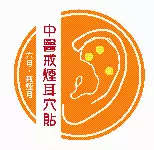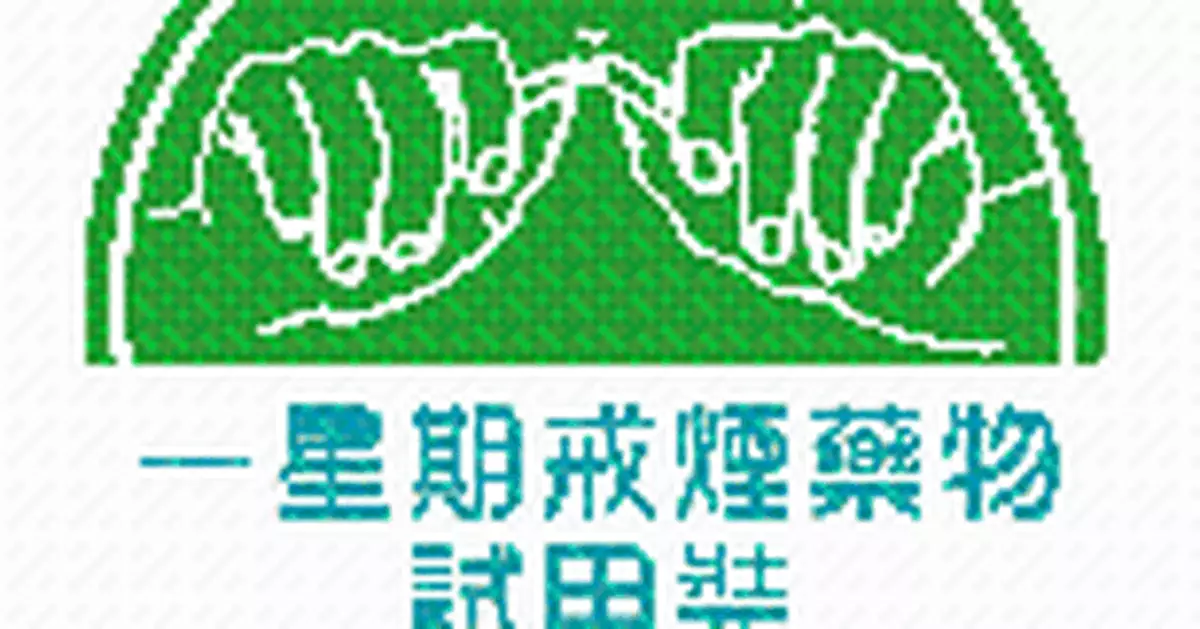Join dh's quit in june campaign and kick the habit for world no tobacco day
The Department of Health (DH) announced today (May 27) that the Quit in June campaign will be launched in support of May 31 as World No Tobacco Day. The campaign encourages smokers to attempt to quit in order to reduce the risk of tobacco-related diseases and deaths.
The World Health Organization marks May 31 as World No Tobacco Day annually to highlight the health risks associated with tobacco use and advocate effective tobacco control policies to reduce tobacco consumption. With a view to raising public awareness on the harmful influences of the tobacco industry on youth by targeting them with highly addictive and harmful tobacco products, the theme for this year's World No Tobacco Day is "Protecting children from tobacco industry interference".
A spokesman for the DH stressed, "It is beneficial for smokers of all ages to quit smoking as it brings immediate and long-term health benefits. Smokers who stay tobacco free for four weeks will be five times more likely to quit for good."
The DH has introduced Chinese medicine ear-point patches to help with quitting smoking, which is a new initiative under the Quit in June campaign this year. The application of cowherb seeds on the surface of the ear(s) to stimulate ear points will lessen the discomfort related to nicotine withdrawal, especially during the early stage of quitting. People who wish to quit smoking can receive Chinese medicine ear-point patches for free at more than 40 Chinese medicine clinics across the territory. They can also enrol in free Chinese medicine and acupuncture smoking cessation services anytime, or after they have tried the Chinese medicine ear-point patches for two weeks.
Furthermore, the DH continues to offer one-week smoking cessation drugs (as part of nicotine replacement therapy) trial packs at more than 250 community pharmacies, smoking cessation clinics, and District Health Centres/District Health Centre Expresses to help smokers to ease withdrawal symptoms and quit successfully.
People who wish to quit smoking can go to locations displaying the orange sticker of the Chinese medicine ear-point patches, or the green stickers of the one-week smoking cessation drugs trial pack. After a simple assessment, they can scan the QR code with the "Quit Smoking App" and obtain Chinese medicine ear-point patches or a one-week smoking cessation drug trial pack for free. If they decide to receive smoking cessation treatment after trying Chinese medicine ear-point patches or smoking cessation drugs, they can make an appointment for free smoking cessation services at smoking cessation clinics, District Health Centres or District Health Centre Expresses for follow-up. Smokers may also make use of the mail-to-quit service to receive cessation medications by post and follow-up by phone for free.
The spokesman said that the DH has started broadcasting "We are all in this together. Quit Now" television and radio announcements in the public interest, and displaying advertisements through public transportation networks to encourage smokers to quit. The DH will also offer reasons or tips to quit smoking every day via a social media platform to encourage smokers to quit smoking.
Members of the public can call 1833 183 or visit the smoking cessation thematic website (www.livetobaccofree.hk) for more information on quitting and the available supporting tools and services. They can also download the "Quit Smoking App" to keep track of their progress in quitting and get tips on dealing with cravings to stay tobacco-free.

DH launches Quit in June campaign in support of World No Tobacco Day Source: HKSAR Government Press Releases

DH launches Quit in June campaign in support of World No Tobacco Day Source: HKSAR Government Press Releases

















































